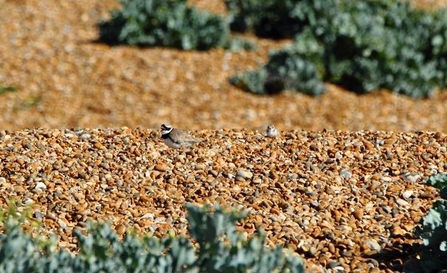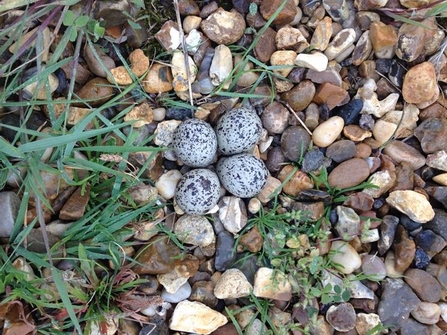As we all continue to take our daily air and exercise locally in this difficult time, visits to our natures reserves and walks along estuaries and the coast will become increasingly important for our own well-being.
Spring is a beautiful time to witness nature busily building new life. This is such a crucial time of year for wildlife, so please always remember the importance of keeping your dog on a short lead. Failing to do so can significantly decrease breeding success, particularly for ground nesting bird species, which are so vulnerable to disturbance.


